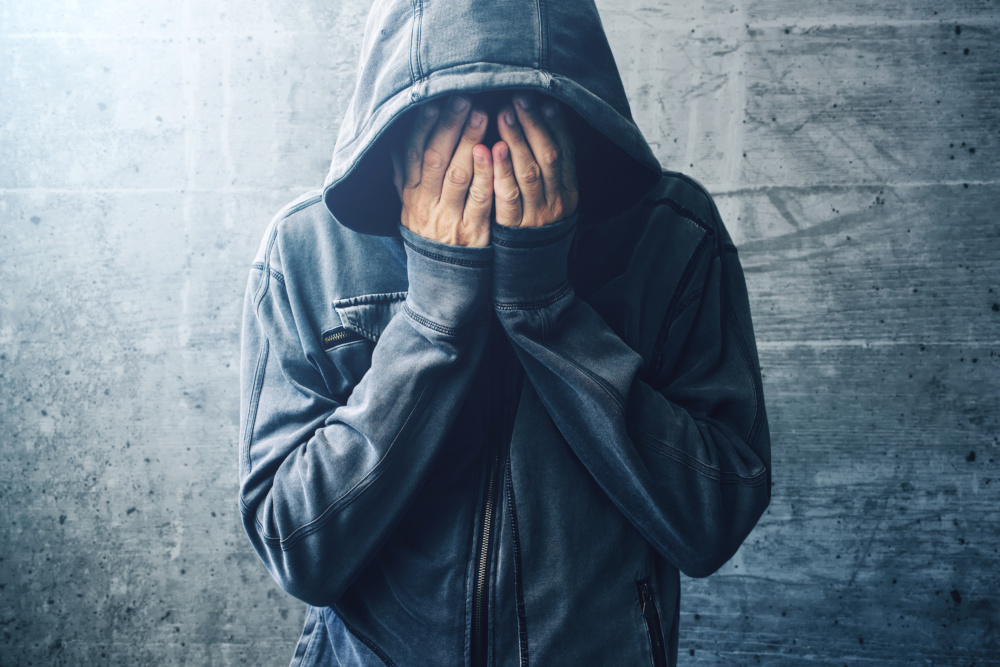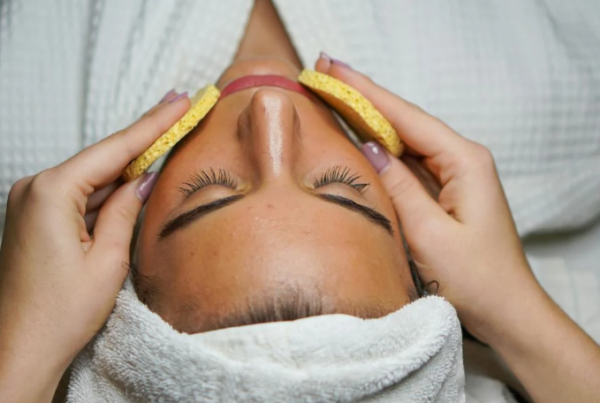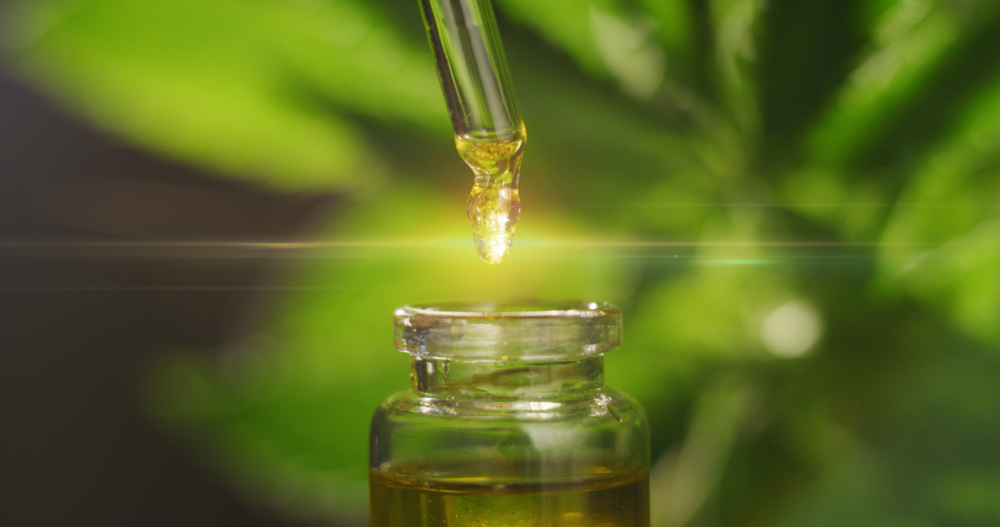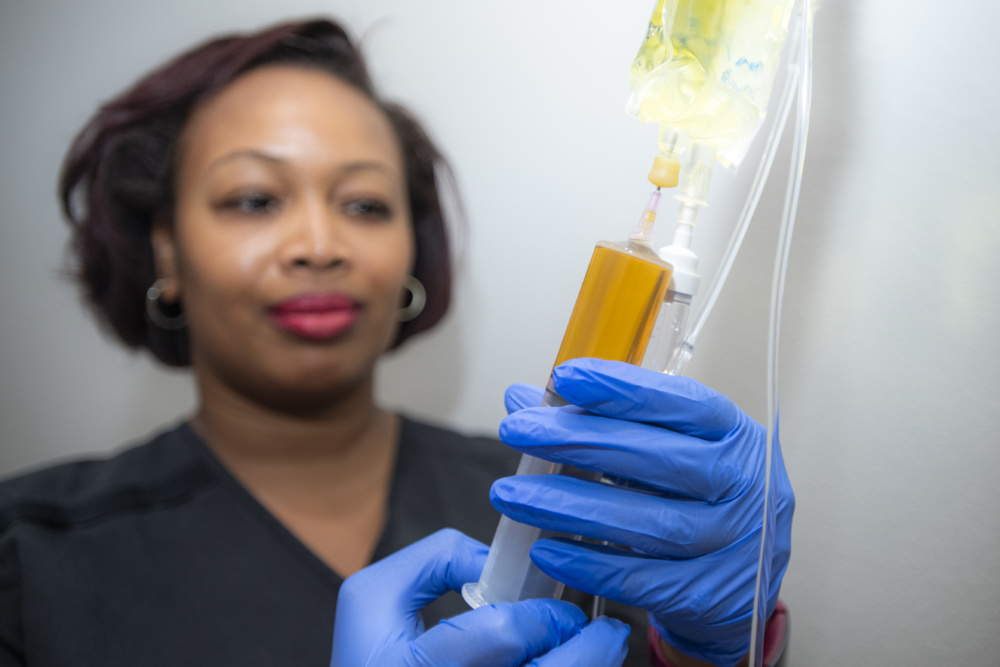Dr. Wendy Askew | CBD and Anxiety: How Can It Help
Provided by Dr. Wendy Askew
Imagine, you’re sitting in your bedroom, calmly watching television and feeling fine. Then all of the sudden it starts: you feel your heart rate speed up, your breathing gets faster and shallow, a sensation of pressure develops in your chest, you feel lightheaded, and a sensation of impending doom overcomes you. The anxiety attack could last for a few minutes, or for much longer. Imagine that this happens daily, or even multiple times a day. Imagine not being able to predict these events, and trying to live your life ever fearful of when they will occur. Those of us who don’t suffer from anxiety disorders can’t fully understand what they are like. All of us have experienced the sensation of anxiety; perhaps before a public speaking appearance, or at the thought of doing some unpleasant task, like ending a relationship or even just riding a rollercoaster, but it’s very different from living with an anxiety disorder.
There are many different types of anxiety disorders, and they are common. Over 42 million adults in the United States are affected by them. They can vary in severity, frequency, and intensity. Anxiety itself is a normal experience; it is sporadic and serves a purpose. It is unpleasant, but under normal circumstances it is transient state, doesn’t occur frequently and typically happens in response to some stressful situation. People who suffer from AD’s can experience these symptoms without warning or triggers and can be incapacitated by them. Patients with anxiety disorders are at increased risk for relationship breakdown, unemployment and for suicide.
There are many pharmacologic treatments for these conditions, including typical antidepressants, benzodiazepines, older antidepressants, even antipsychotic medications and seizure medications. These medications go by names like: Paxil, Luvox, Lexapro, Zoloft, Effexor, Cymbalta, Xanax, amongst others. Most of us are familiar with these medications. By their own manufacturers research and clinical research, they provide for most patients ‘limited response rates’ and often residual symptoms and side effects are common. Side effects caused by these medications include (but are not limited to) dry mouth, jitteriness, vivid dreams, dry mouth, intestinal upset, weight gain, loss of sexual desire, inability to have orgasms, insomnia, visual changes, even worsening of anxiety symptoms and increased risks of suicide. Studies on the effectiveness of antidepressants show varying rates of improvement. While the research shows a wide range of ‘effectiveness’ of antidepressant medications, many studies show that for patients suffering from depression (which is, I understand, different from anxiety) that these drugs often showed barely more than a 50% improvement in symptoms for patients. Fifty percent, is a coin toss. There are also studies showing that the published literature included studies that were carefully selected (chosen) to show inflated rates of response to the medications. I find this information alarming. In fairness, many studies show response rates in the 60% range, but that is still little better than a coin toss, and accompanied by a high rate of side effects.
Lifestyle modifications like exercise, meditation and dietary modifications can provide significant relief, but aren’t always embraced by patients. It leaves clinicians like myself wondering what we can offer these patients. Perhaps something more holistic?
The scientific research on the effects of cannabidiol on anxiety are, in contrast very encouraging. The benefits can be significant, and side effects are minimal, (if any are experienced). And the science regarding how the cannabinoids work is fascinating. CBD interacts with several receptors in our brains that are known to regulate fear and anxiety-related behaviors. Do you think it’s interesting that some of these receptors are the very same ones that many pharmacological drugs work upon as well? I do. And yet, CBD acts upon these receptors with better results and efficacy than many pharmaceutical agents do, and often without the adverse side effects. One of these receptor-targets of CBD is called the CB1 receptor, and CBD can have effects upon these sites in our brains, with studies showing that anxiety responses are diminished with administration of cannabidiol. 5-HT1a receptors, also known as serotonin receptors, are also sites of CBD interaction and activity. Most of us recognize serotonin as an important neurotransmitter in mood regulation.
The review studies looking at the effects of CBD on anxiety show that it potently reduces experimentally induced anxiety and fear. Neuroimaging studies show the areas of the brain where CBD has activity, and shed light on it’s suspected mechanism of action. The imaging studies show reduced activation of the amygdala (the fight-or-flight center of the brain), and changes in other areas of the brain associated with anxiety responses.
Cannabidiol may offer an excellent option for treating patients suffering from anxiety disorders. The research supports its’ effectiveness and lack of significant side effects. As with any therapy, it may not work for all patients, but it is safe, has a very high chance of improving symptoms and has minimal side effects. In a world where pharmaceutical companies and patients alike are always searching for something, newer and better, it’s time for us to open our minds to the possibility that a plant may hold an answer. It’s time for us to get the word out about cannabis medicine to patients suffering from anxiety. It’s time for us to tear down the stigma associated with the plant, do more research and provide better choices for patients.
For more information on Dr. Wendy Askew and her services please call (210) 625-5849.







Recent Comments